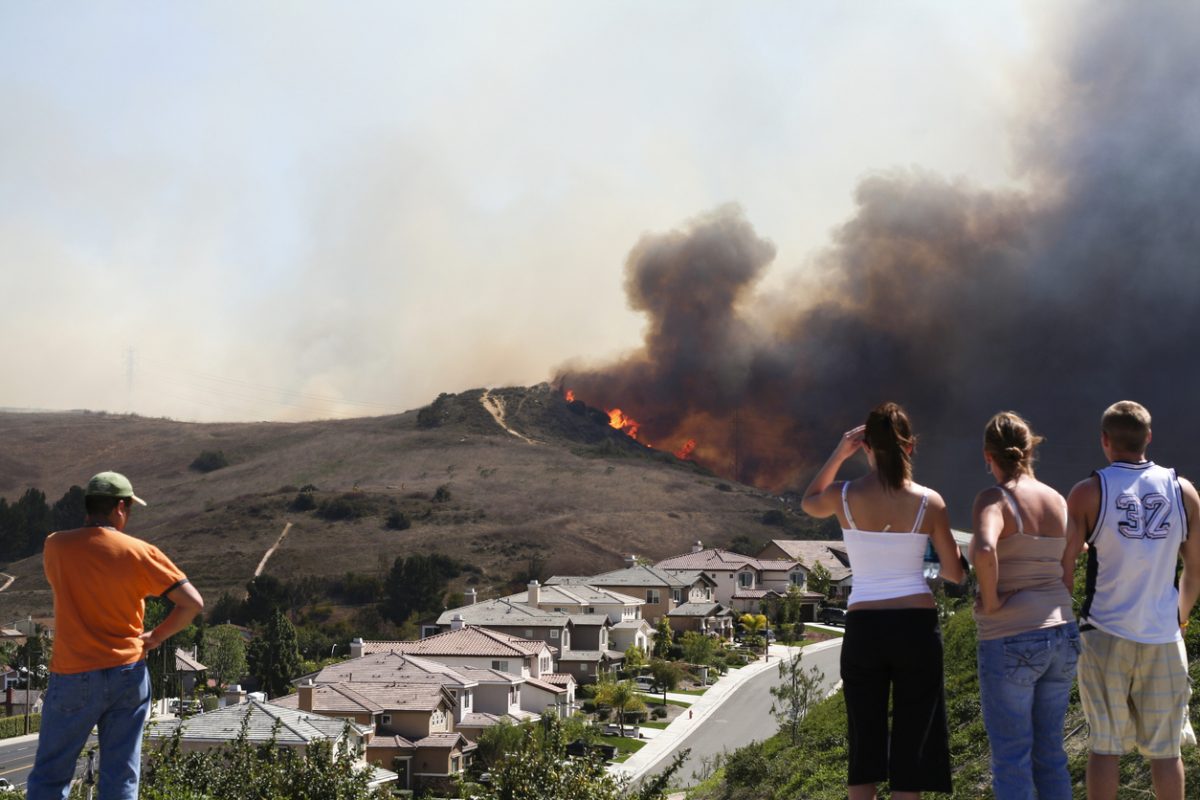
Community Mental Health Care in the COVID-19 Response:
An Italian Example
Since March 9, 2020, Italy has been in a nationwide lockdown in response to the coronavirus disease 2019 (COVID-19) outbreak. We are experiencing this pandemic in a community mental health center (CMHC) that treats more than 2,600 patients a year in an area with approximately 177,000 inhabitants in northeastern Rome. Community psychiatry has been the national policy for over 40 years in Italy, wherein CMHCs deliver the bulk of outpatient adult psychiatric care by managing therapeutic and rehabilitation activities and ensuring domiciliary care and emergency interventions.1,2
So far, our COVID-19 response has required 3 stages. In the first stage, an emergency response was implemented. Personal protective equipment, hand washing, and social distancing were introduced. Onsite and domiciliary care was reserved for urgent cases and for patients treated with depot antipsychotics. All other patients were guaranteed telephone support. Group psychotherapies, multifamily groups, and rehabilitation activities were suspended. In the aftermath of the sudden lockdown, clinicians autonomously switched as many patients as possible to remote platform-based supportive sessions.
Two weeks later, we found ourselves in the second stage, taking action to respond to the needs of first-contact patients. Social isolation, concern about contagion, and work stoppage were some of the stressful factors linked to the new requests of mental health support we provided. A telephone response service addressing citizens with psychological issues was implemented by the department, while our center gave preferential access to health care workers directly involved in the response to the epidemic.
The third stage started by preparing for the easing of restrictions, which went into place on May 4th, and by following the regional operational provisions. Onsite psychiatric care was again made available to all patients with severe psychiatric disorders, which encompasses the majority of our patients. For patients accessing our CMHC, we provided a COVID-19 remote triage the day before the visit, as well as an onsite triage area, while requiring the use of surgical face masks. Through careful appointment planning and the establishment of a distinct urgent care pathway, we tried to minimize opportunities for contact among patients. By strictly scheduling visits, we were able to reach all those patients we could not see in the last 2 months. The use of long-acting injectables, reserved for patients with poor therapy compliance, remained stable. Psychotherapy sessions are still conducted remotely as much as possible, while the need for social distancing has led to a limited restart of the rehabilitation activities. There is still concern for those patients who had finally agreed to commence rehabilitative interventions as a result of a long therapeutic process and whose treatment was, unfortunately, first interrupted and then scaled down.
A broader reflection on the role of mental health services in the new scenario has just begun.3,4 Some of the issues that closely affect our work include the need for training in telepsychiatry, equal access to remote therapies, and the reduced role of domiciliary care.5,6 Moreover, CMHCs could usefully collaborate with other community health services to identify and address new health and psychosocial needs.
COVID-19 has dramatically affected rehabilitation. We need to reestablish a direct dialogue with our patients and their families to envisage new forms of rehabilitation and resocialization. The trajectory of a clinical practice born from the dismantling of the walls of the psychiatric hospitals has suddenly reversed its course, forcing us to raise barriers instead of breaking them down and increasing distances rather than reducing them.7
In this predicament, we must never forget that "we had already understood that a sick individual has, as a first necessity, not only the treatment of the disease, but many other things: he/she needs a human relationship with those taking care of him/her, as well as real answers for him/her as a whole person, including the need for money as well as everything else that we, as doctors taking care of the patient, need."8(p11)
Received: May 5, 2020.
Published online: May 28, 2020.
Potential conflicts of interest: None.
Acknowledgments: The authors thank Annalisa Saccà , PhD (St John’s University, Queens, New York), for her expert editing of the text. Dr Saccà has no conflicts of interest related to the subject of this commentary.
REFERENCES
1.Fioritti A. Is freedom (still) therapy? the 40th anniversary of the Italian mental health care reform. Epidemiol Psychiatr Sci. 2018;27(4):319-323. PubMed CrossRef
2.Picardi A, Lega I, Candini V, et al. Monitoring and evaluating the Italian mental health system: the "Progetto Residenze" study and beyond. J Nerv Ment Dis. 2014;202(6):451-459. PubMed CrossRef
3.de Girolamo G, Cerveri G, Clerici M, et al. Mental health in the coronavirus disease 2019 emergency—the Italian response. JAMA Psychiatry. 2020;77(10):1-3. PubMed
4.Shinn AK, Viron M. Perspectives on the COVID-19 pandemic and individuals with serious mental illness. J Clin Psychiatry. 2020;81(3):20com13412. PubMed CrossRef
5.Fagiolini A, Cuomo A, Frank E. COVID-19 diary from a psychiatry department in Italy. J Clin Psychiatry. 2020;81(3):20com13357. PubMed CrossRef
6.Percudani M, Corradin M, Moreno M, et al. Mental Health Services in Lombardy during COVID-19 outbreak. Psychiatry Res. 2020;288:112980. PubMed CrossRef
7.Rizzo G. The pandemic in the head of who is suffering from a mental illness [article in Italian]. Internazionale website. April 21, 2020 https://www.internazionale.it/reportage/giuseppe-rizzo/2020/04/21/pandemia-malattia-psichiatrica. Accessed April 29, 2020.
8.Basaglia F. Conferenze Brasiliane [Brasilian conferences]. Raffaello Cortina Editore. Milano, Italy: 2000.
aMental Health Department, Local Health Unit ROMA 2, Rome, Italy
bNational Centre for Disease Prevention and Health Promotion, Istituto Superiore di Sanit× —Italian National Institutes of Health, Rome, Italy
*Corresponding author: Ilaria Lega, MD, National Centre for Disease Prevention and Health Promotion, Istituto Superiore di Sanit× —Italian National Institutes of Health, Viale Regina Elena 299, 00161 Rome, Italy ([email protected]).
Prim Care Companion CNS Disord 2020;22(3):20com02659
To cite: Caroppo E, Lega I, Cognetti D, et al. Community mental health care in the COVID-19 response: an Italian example. Prim Care Companion CNS Disord. 2020;22(3):20com02659.
To share: https://doi.org/10.4088/PCC.20com02659
© Copyright 2020 Physicians Postgraduate Press, Inc.
Enjoy this premium PDF as part of your membership benefits!




